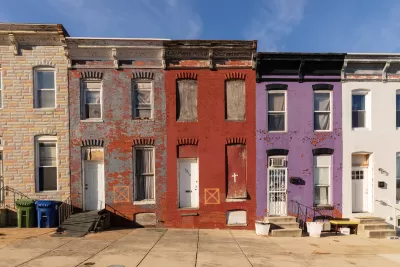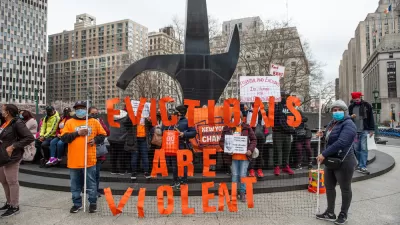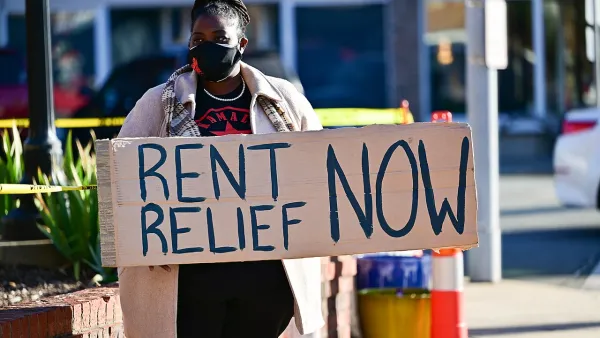A wave of new legislation targets people who reside illegally in properties they don’t own.

States including New York and Georgia are cracking down on squatters, reports Mary Salmonsen in Smart Cities Dive.
Until recently, people living in a unit illegally for over 30 days in New York State were considered tenants, forcing the owner into a judicial eviction process. “On April 22, New York Gov. Kathy Hochul signed the 2025 state budget, which changed the state’s property law to say that squatters are not considered tenants on any timeframe, effective immediately.”
Other states with new anti-squatting legislation include Florida, where a new bill criminalizes squatting, and Alabama, where new legislation creates a process for removal. “United States Rep. Dan Meuser, R-Pa., also introduced a bill in the U.S. House on April 10 that, if passed, would define trespassing or squatting as grounds for deportation for any non-U.S. citizen.”
As Salmonsen explains, “The laws colloquially referred to as ‘squatters’ rights’ can also encompass adverse possession, in which a person who does not own a property may acquire title to it under certain circumstances.” According to M. Denzell Moton, attorney and owner of Moton Legal Group in Atlanta, the new laws are not expected to impact adverse possession clauses — which often deal with years or decades of residency — but will have a major impact on short-term squatters.
FULL STORY: States see wave of squatting-related legislation

Planetizen Federal Action Tracker
A weekly monitor of how Trump’s orders and actions are impacting planners and planning in America.

Chicago’s Ghost Rails
Just beneath the surface of the modern city lie the remnants of its expansive early 20th-century streetcar system.

San Antonio and Austin are Fusing Into one Massive Megaregion
The region spanning the two central Texas cities is growing fast, posing challenges for local infrastructure and water supplies.

Since Zion's Shuttles Went Electric “The Smog is Gone”
Visitors to Zion National Park can enjoy the canyon via the nation’s first fully electric park shuttle system.

Trump Distributing DOT Safety Funds at 1/10 Rate of Biden
Funds for Safe Streets and other transportation safety and equity programs are being held up by administrative reviews and conflicts with the Trump administration’s priorities.

German Cities Subsidize Taxis for Women Amid Wave of Violence
Free or low-cost taxi rides can help women navigate cities more safely, but critics say the programs don't address the root causes of violence against women.
Urban Design for Planners 1: Software Tools
This six-course series explores essential urban design concepts using open source software and equips planners with the tools they need to participate fully in the urban design process.
Planning for Universal Design
Learn the tools for implementing Universal Design in planning regulations.
planning NEXT
Appalachian Highlands Housing Partners
Mpact (founded as Rail~Volution)
City of Camden Redevelopment Agency
City of Astoria
City of Portland
City of Laramie





























